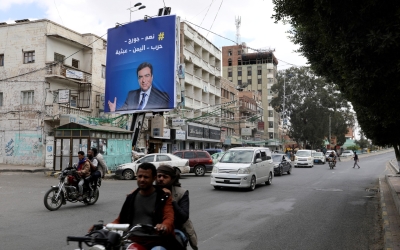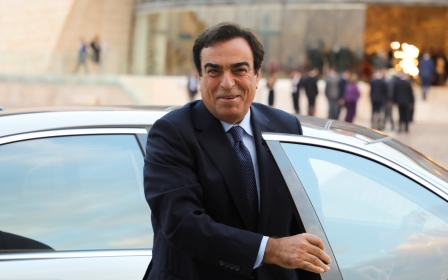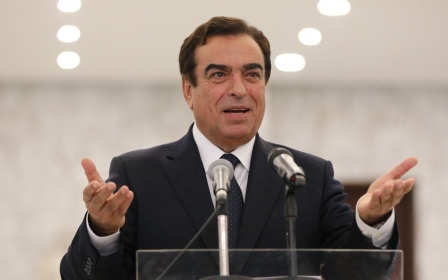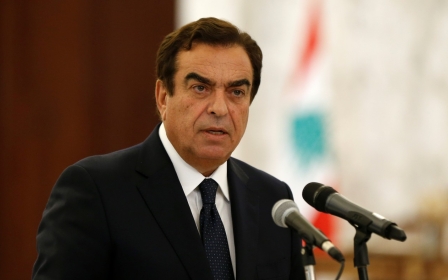Lebanon's president calls on Saudi Arabia to restart direct talks
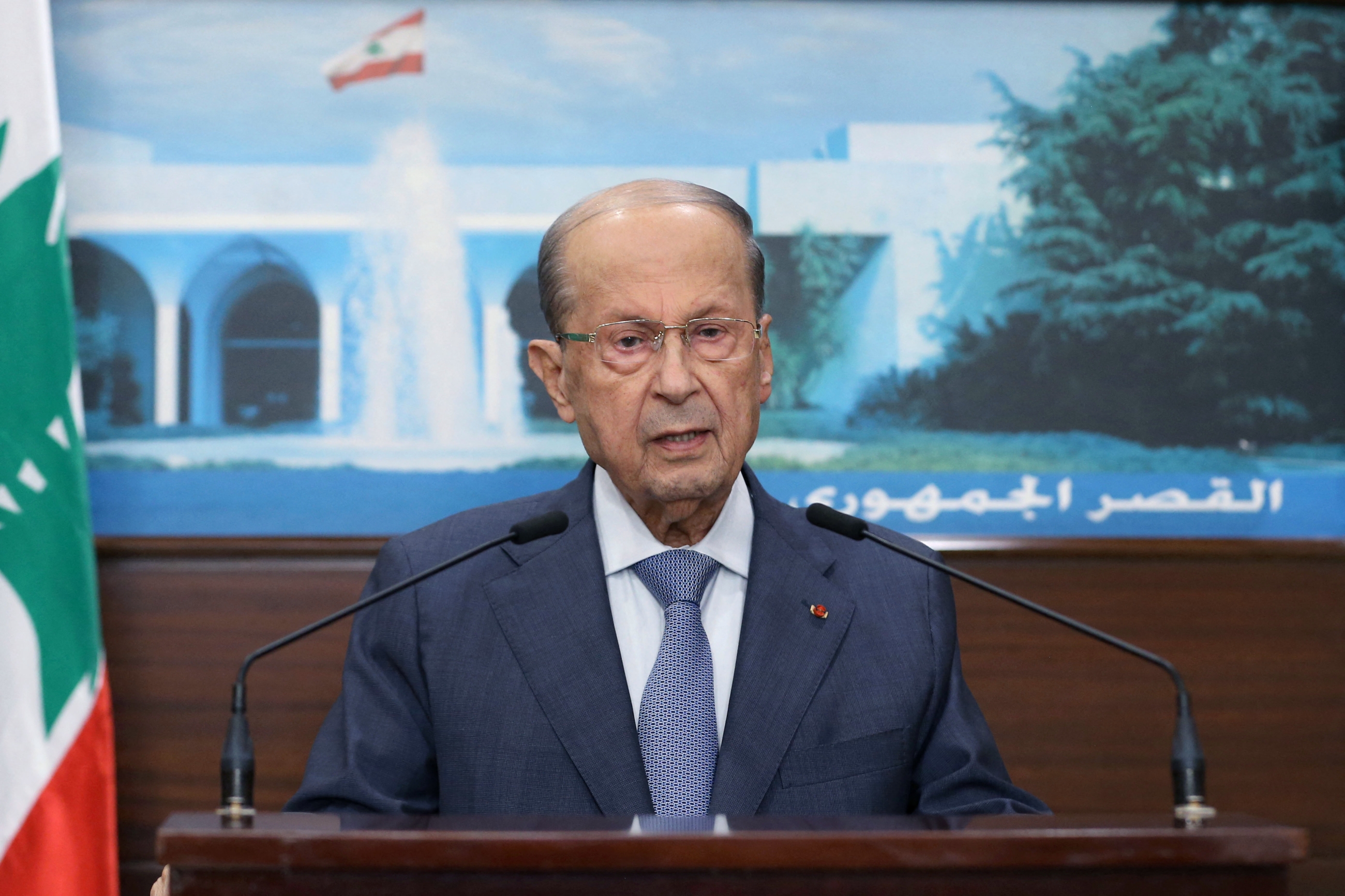
Lebanese President Michel Aoun has urged Saudi Arabia to restart direct talks and defuse tensions after Information Minister George Kordahi's criticism of the Saudi-led war effort in Yemen triggered a diplomatic crisis with Gulf states.
Saudi Arabia, the United Arab Emirates, Kuwait and Bahrain all withdrew their top diplomats to Lebanon, while Riyadh banned all imports from the cash-strapped country.
In a statement released by his office Monday, Aoun expressed "keenness to establish the best relations with the Kingdom of Saudi Arabia and the Gulf states and the need to address any problems that arise through direct dialogue".
In an interview recorded in August and aired last week, Kordahi, the former host of the Arabic version of the show Who Wants to Be a Millionaire? said Houthi rebels in Yemen were "defending themselves… against an external aggression", sparking angry rebukes from Saudi Arabia.
He described the years-long war as "futile" and called the conflict "absurd".
New MEE newsletter: Jerusalem Dispatch
Sign up to get the latest insights and analysis on Israel-Palestine, alongside Turkey Unpacked and other MEE newsletters
Saudi Arabia and its allies including the UAE have led a military coalition fighting against Iran-allied Houthi rebels in the country since 2015.
Lebanon's government has said Kordahi's statements reflect his own personal opinion and not the official policy of Beirut.
Dismissing calls to step down, Kordahi said on Sunday that resigning was "out of the question".
Comments by the relatively obscure minister have drawn praise from the embattled Houthis and Iran while garnering a stinging rebuke from Riyadh. The kingdom has said the rift goes beyond the views expressed by Kordahi and stems from Iran and its Shia proxy Hezbollah and its control over the Mediterranean country.
"There is a crisis in Lebanon with the dominance of Iranian proxies over the scene," Saudi Foreign Minister Prince Faisal bin Farhan told the country's Al-Arabiya television in an interview on Sunday, according to AFP.
"This is what worries us and makes dealing with Lebanon pointless for the kingdom and for, I think, Gulf countries."
Besides recalling their ambassadors, other Gulf states have stuck to Riyadh's line, with the UAE even banning its citizens from travelling to the country which was once a tourist magnet for the region.
Lebanon's new Prime Minister Najib Mikati has tried to mend fences with wealthy Gulf states. In the past, Riyadh was a major donor to the country but has cut back assistance in the face of the growing sway of Hezbollah in government.
Mikati met with Kuwait's Prime Minister Sheikh Sabah and Foreign Minister Ahmad Nasser al-Mohammad al-Sabah on the sidelines of the UN COP26 climate summit in Glasgow on Monday.
His office said later that Kuwait's ruler promised that "[Lebanon] will find all the required support from Kuwait and other Arab countries."
At the summit, Mikati also discussed the recent rift with Qatar's Emir Sheikh Tamim bin Hamad Al Thani, with his office later releasing a statement that Doha would send its foreign minister to Beirut to help find a solution to the Lebanon-Gulf crisis.
Middle East Eye delivers independent and unrivalled coverage and analysis of the Middle East, North Africa and beyond. To learn more about republishing this content and the associated fees, please fill out this form. More about MEE can be found here.


